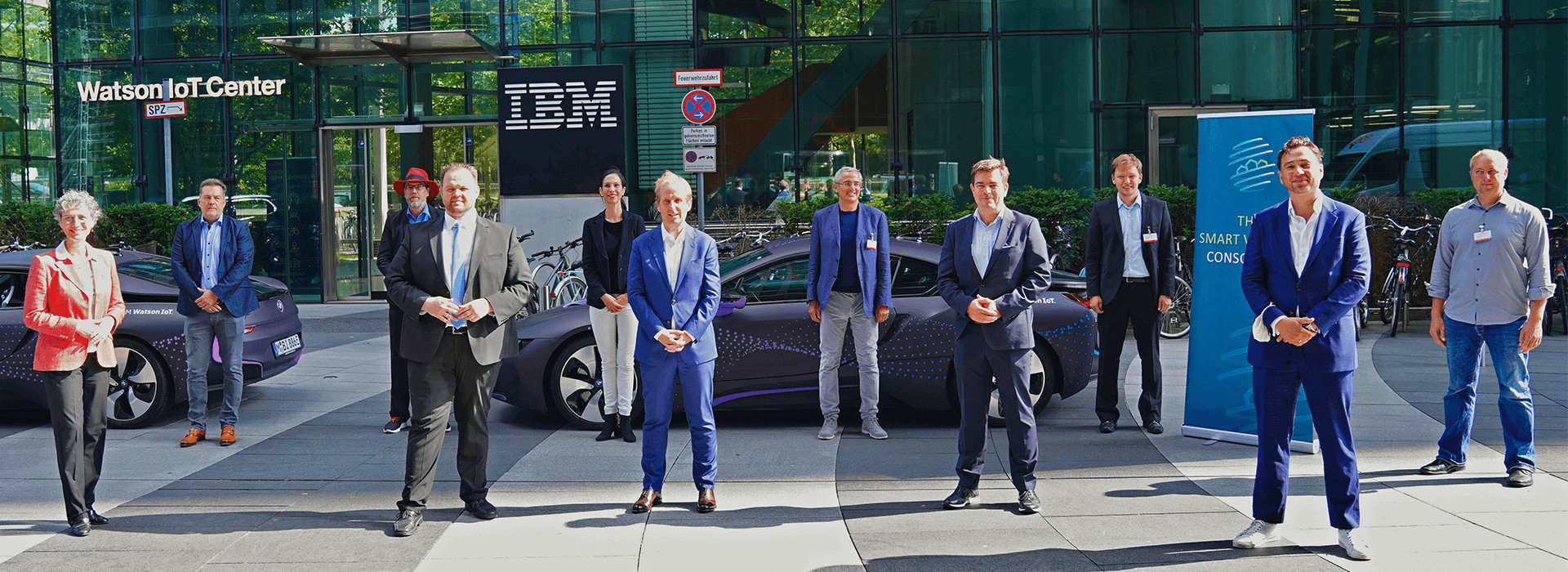On September 22, a group of high-ranking researchers, politicians and industry partners met in Munich to discuss the future of rural Bavaria, and further rural Europe as a whole. The kick-off event was organized by the LAAS (Life as a Service) research lab and the IBM research group.
LAAS, a research lab initiated by Nexplore and supported by IBM, is tasked with reinventing the cities, small towns and rural areas of tomorrow through the connection and integration of digital technologies and future human values. Representatives of the core groups from fortiss, Nexplore Holding, LAAS, RUMRA, Red Hat and the Smart Villages Intergroup of the European Parliament discussed the future potential of rural Bavarian towns within a European context. Engin Eroglu, a member of the European Parliament, is offering his full support to this unique, forward-looking and holistic interdisciplinary project.
Despite the fact that so-called rural areas make up 80 percent of the European region, are inhabited by 57 percent of the European population and generate 46 percent of the European gross national product, at first glance the future of daily life in small remote villages does not appear to hold much promise. However, digital connectivity should create a sense of closeness and interaction with other small towns and cities. Dietmar Leyk, director of LAAS, also emphasized that as recreation and leisure centers that offer reduced CO2 emissions and stress, rural areas are a vital resource for healthy living. With their neighborly character, small towns furthermore offer older and younger generations the foundation for a high quality of life in the future. The goal is to establish a diversity of functions and a wide range of small town features within a network of small cities and towns. The underlying question for the continued collaboration of the group is how can digitally-supported services such as IoT, automation and artificial intelligence improve or completely redefine the quality of life in rural areas. A key conclusion of this initial roundtable discussion was that ecological efficiency is best achieved through task sharing in an intelligently-connected ecosystem and a village-specific construction density.


